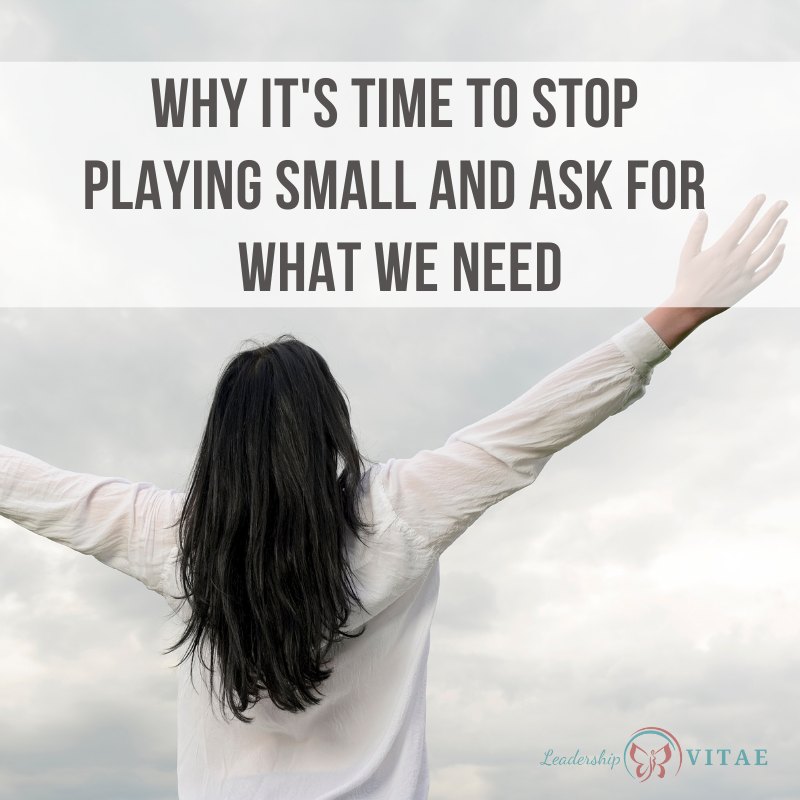
As I mentioned previously, I’ve been suffering from autistic burnout. One of the symptoms that’s been particularly troublesome is heightened sensory sensitivity.
It’s not uncommon for those of us who are neurospicy to dim our phones or laptops. Prefer accent lights vs overheads. Don’t get me started on fans and any sort of air movement.
One of the sensory struggles I suffer from most is noise. I was diagnosed with Auditory Processing Disorder (APD) several years ago. I could hear fine at home, but as soon as I was out in the world, I’d have trouble. It started showing up at work and I decided to get my hearing checked.
For those of us with APD, our physical hearing may be okay, but we struggle to receive and process conversations when there are too many inputs. Like in a loud restaurant or an open floor plan.
Take APD and add in the heightened sensory sensitivity during burnout. Walking into a loud restaurant can mean going from zero to shutting down from overload. There’s a reason why I’ve become the queen of takeout and Instacart.
While I’m fine avoiding loud spaces most of the time, sometimes I want to go out to eat to celebrate major milestones. It was my boyfriend’s birthday and I wanted to take him out for a special meal. I also knew I’d struggle if I wasn’t intentional about where we went.
Who knew the struggle would be more with using my voice than picking where to go?
The best laid plans
We went to a steakhouse I’m familiar with. Every nicer steakhouse I’ve visited tended to be relatively quiet. They are designed to allow for conversation. Imagine that…dinner and conversation where you can actually hear each other? Novel.
When we arrived, it was just as I hoped. There were maybe a dozen couples around a really big room. Mid-week and early…perfect timing so it wasn’t crowded. I certainly planned ahead.
As we were chit-chatting, I felt like the music was getting louder. Knowing it could be my sensitivities, I put in my airpods. They take the edge off the noise levels while still allowing conversation.
The music kept getting louder, and then dropping. Louder and then dropping. Finally, I asked my boyfriend to confirm what I was hearing. Was it me? Nope…the noise levels were fluctuating between conversational levels and loud music that made it difficult to talk.
I was finding myself getting agitated. Instinct was telling me to leave, but I wanted to be able to enjoy the dinner. In that moment, the only options were to stay and suffer or remove myself from the situation.
In both cases, that would mean playing small. Yes, leaving is always an option I can control. Am I not allowed to enjoy an evening out? Surely there was a 3rd option.
I could ask for what I needed.
If it’s all uncomfortable, pick your hard
I was born in the South and had a very Southern mother. Now that I live here, I find myself recognizing “Southern manners” that I didn’t realize I grew up with.
The messages I heard as a kid were that I was too loud. Too outspoken. Too much. I fought back against that nonsense – or at least I thought I did. Sitting in that restaurant, I didn’t want to speak up about the music.
I didn’t want to be seen as difficult. Who was I to ask for something when no one else was complaining?
It was going to be difficult for me to ask for help, but would it be more difficult than the alternatives? I had to pick my hard.
The thing I feared – that it would become a THING – came to pass. The waiter couldn’t do anything about it, so out came a manager. She couldn’t do anything about it but was apologetic.
Turns out they have a variable audio system with a sensor near the bar. Every time the bartender would make a drink with a shaker, it would trigger the audio to go up. Not great design or sensor placement.
The message was kind, but clear. Suck it up.
Maybe it was the headphones. Maybe they recognized just how ridiculously loud the music was getting. Or maybe someone decided to pick their hard and make a call they didn’t think was theirs to make.
But the music eventually died down.
Play small and stay small
This might not seem like that big of a deal, but it had me thinking. How many other times in how many other spaces have I failed to advocate for myself? For what I need to hear, feel safe speaking up, or any myriad of things?
When we worry about being difficult, demanding, or needy instead of clearly stating our needs, we are making ourselves small. That keeps our contributions, thoughts, ideas, and abilities small.
When my hearing trouble first manifested at work, I was embarrassed if I needed someone to repeat something more than once. I’d just stop asking. How can I contribute if I can’t hear? I finally found out about a closed caption option and started asking that meeting facilitators turn it on. Then my EVP found it distracting in a meeting I was in and asked for it to be turned off.
I finally found a solution and asked for what I needed. In that moment, I was told that those needs mattered less than someone else’s preference (he could have turned it off for just his monitor vs for everyone). I said nothing. Instead, I struggled to contribute for the rest of the meeting.
What’s possible when we ask for what we need? We can contribute without distraction, frustration, irritation, or fear. We can play big. Play to our potential.
Advocating for self isn’t selfish
As women, we often find it easier to advocate for others than for ourselves. It was only once I confirmed it wasn’t only me AND considered that others were likely struggling with the variable noise levels in the restaurant that I was willing to speak up.
Ugh. Not my favorite realization, but maybe that’s not all bad.
Even if I was the only person suffering through the variable audio, I’m still a customer. Yes, I have a need that isn’t universal, but it’s not unique.
I did my best to accommodate myself with headphones – that’s my starting point. If reasonable accommodations do not work, then maybe the environment isn’t reasonable. Maybe someone needs to speak up to create awareness.
The curb effect is when we advocate for one group and all groups benefit. How many couples were struggling to hear each other, or increasing their voices (which in turn would increase the music) to be heard? How many couples would eventually end up silent or screaming at each other before someone finally spoke up?
Were they worried about being perceived as difficult? Willing to have their evening disrupted instead?
We get to pick our hard. Speaking up and advocating for reasonable needs shouldn’t be one of them, but it is. Maybe it’s time to practice so that it’s not so hard. Push back on perceived norms that tell us to play small and stay quiet.
Have you found yourself challenged to speak up for what you need? What tips do you have to push past the discomfort? Please share your thoughts in the comments.








